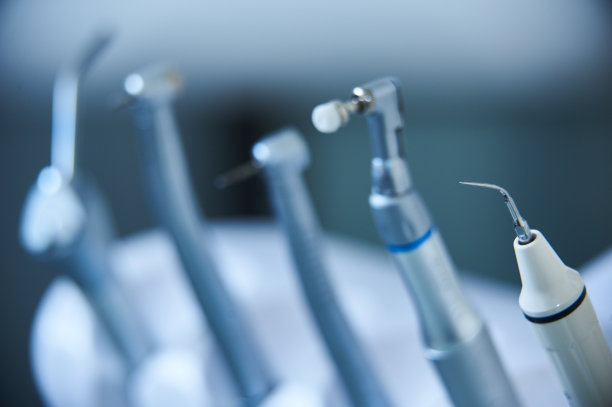Essential Precautions and Guidelines to Ensure Successful Dental Implantation for Optimal Oral Health and Longevity
Summary: Dental implants offer a revolutionary solution for tooth loss, promising enhanced oral health and functional longevity. However, achieving successful implantation requires adherence to crucial precautions and guidelines. This article elaborates on four main areas: pre-implantation assessment, surgical protocol, post-operative care, and regular maintenance. Each aspect presents its unique set of practices necessary for ensuring optimal outcomes. By following these guidelines, individuals can maximize the benefits of dental implants while minimizing potential complications, ultimately contributing to a healthier smile and improved quality of life.
1. Pre-Implantation Assessment Procedures

Before undergoing dental implantation, a thorough assessment is paramount. This includes a comprehensive dental examination, medical history review, and imaging tests to evaluate bone density and jaw structure. These evaluations help to determine if a patient is a suitable candidate for implants.
Moreover, it is crucial to identify any underlying health conditions such as diabetes or cardiovascular diseases that could impede recovery. Consulting with healthcare professionals ensures that all medical considerations are addressed before proceeding.
Additionally, patients should discuss their expectations and goals with their dentist. Clear communication helps to align treatment plans, ensuring that the chosen implants match the patients lifestyle and preferences. This step is essential for fostering trust and satisfaction with the process.
2. Surgical Protocol for Implant Placement
The surgical aspect of dental implant placement is another critical factor in its success. Surgeons employ meticulous techniques to ensure precise placement of the implant. Using advanced technology, such as 3D imaging and guided surgery, enhances accuracy and reduces risks associated with the procedure.
Pain management and sedation options are vital considerations during surgery. Patients should be informed about their options, which may range from local anesthesia to sedation methods. Understanding these choices can significantly impact the overall experience and comfort.
Lastly, ensuring a sterile surgical environment is essential to minimize the risk of infection. This includes the use of sterile instruments and adherence to best practices in hygiene. Proper surgical protocol lays the foundation for long-term success and optimal healing.
3. Post-Operative Care and Healing
Post-operative care is pivotal in promoting healing and ensuring successful integration of the dental implant. Patients should receive clear instructions regarding pain management, activity restrictions, and dietary recommendations to facilitate recovery. Following these guidelines can significantly influence the healing process and overall satisfaction with the implant.
Monitoring the healing site for signs of infection or unusual symptoms is crucial. Patients should report any concerns to their dental provider promptly. Early intervention can address potential issues before they escalate, protecting the investment made in the procedure.
Additionally, adhering strictly to follow-up appointments allows dentists to assess healing progress and make necessary adjustments. Regular check-ups are critical to ensuring the implant is integrating well and to catch any complications early on.
4. Regular Maintenance and Aftercare Importance
Maintaining dental implants requires a commitment to oral hygiene and regular dental visits. Brushing, flossing, and using antibacterial mouthwashes help prevent infections around the implant and protect surrounding teeth. Adopting these habits can extend the lifespan of the implant significantly.
Furthermore, regular professional cleanings are essential for overall oral health. Dentists can provide targeted care and advice tailored to the needs of individuals with implants. These visits serve as a preventative measure, identifying potential issues before they lead to complications.
Lastly, patients should avoid habits that could jeopardize the integrity of the implant, such as grinding teeth or chewing hard substances. Awareness of these practices is crucial for the longevity of the implant and the patient’s overall dental health.
Summary:
In conclusion, following essential precautions and guidelines is crucial for the successful implantation of dental prosthetics. Pre-implantation assessments, surgical protocols, post-operative care, and ongoing maintenance each play a vital role in achieving optimal oral health and longevity. Through a combination of professional guidance and personal responsibility, individuals can maximize the benefits of dental implants, ensuring a lasting and healthy smile.
This article is compiled by Vickong Dental and the content is for reference only.



